Poetry, Bristol and Ideas Danny Carlo Pandolfi
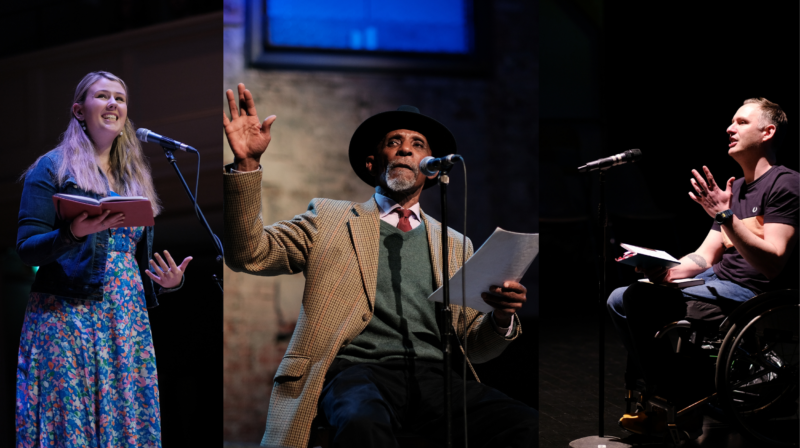
Share this
Poets Emma Taylor, Lynton Kwesi Johnson, Stephen Lightbown at Lyra Festival. (Sam Cavender)
Poetry played a key role in the work of Bristol Ideas. We had poets in residence for the Bristol Legible City project, Bristol2008, Festival of Ideas, Bristol2015 and Festival of the Future City. We had two special evenings when, in 2015, 23 contemporary poets read new work on the theme of Romanticism to mark Bristol Ideas’ work on the Romantic poets and Bristol; a year later, 20 poets read new work on the theme of utopia. In 2020, our Poetic City project marked the life and work of Thomas Chatterton and celebrated Bristol’s vibrant and diverse poetry scene. We also partnered with the Mayor’s office to have a city poet since 2016 and supported Lyra, Bristol’s annual poetry festival, since it started. Danny Carlo Pandolfi from Lyra reflects on poetry and ideas here.
You could argue that poetry is all about ideas. A poet interrogates an existing idea, dreams a new idea, or seems to have absolutely no idea (often my favourite kind of poem). It’s been said that the purpose of a poem is not to provide an answer, but instead to ask a question. These ideas and questions can have a lasting impact on individuals, communities and public bodies who engage with them. Bristol Ideas has been a dream collaborator for Lyra at every juncture, and a reminder that the idea of poetry pushes boundaries, sparks conversations and connects people.
Together with Bristol Ideas we have delivered four commission projects, each focusing on a different landmark or theme. These commissions generate exciting work, form deeper connections with ideas, embrace a diversity of perspectives and artistic modes and, crucially, give artists paid time to execute their vision. Throughout Bristol Ideas’ history they have been a beacon for artists and organisations to explore and collaborate.
In 2020, our first commissions invited poets to respond to Henry Wallis’ painting The Death of Chatterton (1856) on the 250th anniversary of the young poet’s death. The writers formed modern responses to themes of mental health, grief, forgery and much more, showing how poetry helps to cultivate connections with our history and to dream futures. It’s remarkable that Bristol Ideas managed to get the original copy of the painting to RWA Bristol during a pandemic, another example of their commitment and ambition. We invited poets to have a video made in front of the painting and, with masked faces, sanitised hands and socially distanced air-hugs, we made it work. For numerous poets it was their first inperson work engagement in six months.
In 2021, we commissioned 12 working-class writers (in collaboration with Working-Class Writers Festival), printed the poems onto postcards and distributed them around the city to make them easily accessible to the public. In 2022, we invited poets in the UK (alongside Nigeria and Canada) to respond to T.S. Eliot’s The Waste Land on its 100th anniversary of publication, including the late great Gboyega Odubanjo. In 2024 we commissioned five poets from Bristol to write their perspectives of the city.
The City Poet scheme, which Bristol Ideas has led since 2016, has now been transferred into the hands of Lyra and we will do our best to continue furthering the role’s legacy, alongside our Young City Poet scheme (which Bristol Ideas also helped us launch). These poets reflect the events, feelings and voices of the city, and articulate the everyday experiences which are so often inexpressible or invisible. Some of these poems, such as Vanessa Kisuule’s ‘Hollow’ (responding to the toppling of the Colston statue in 2020 – see below), had a national and worldwide impact, taking Bristol’s stories across borders.
The purpose of all these projects has been to provide a platform for a variety of perspectives, champion poets in the city, celebrate Bristol’s cultural DNA, and explore poetry’s unique role in marking occasions and articulating ideas. I have been to countless events, talks, film screenings, book launches and conversations from Bristol Ideas, and a huge hole has already been left in the city’s artistic output. Bristol Ideas made an incalculable contribution to Bristol’s cultural life, which Lyra is fortunate to have been a small part of.
Bristol Ideas’ untimely closure should, however, raise stark alarm bells for UK art and culture. The creation of art, the celebration of cultural landmarks, and the existence of organisations who dream projects into reality, are not inevitable. Art and culture do not happen of their own accord. Every single person seeks entertainment through art in some way – the pandemic showed just how important it is. Although art may be seen as dispensable when it comes to budget cuts around a corporate roundtable, the impact of cultural events, festivals and celebrations cannot be understated in the way they connect communities, enable discussion and collaboration (in a backdrop of fear and division), and provide the joy and entertainment so needed in these times. We must take this opportunity to celebrate Bristol Ideas, and to reflect on how the city can protect its cultural institutions to ensure that ideas continue to thrive in Bristol.
Hollow
Vanessa Kisuule
Bristol City Poet Vanessa Kisuule’s response to the toppling of the Colston statue in June 2020, her poem Hollow, went viral worldwide including being covered in the New Yorker.
You came down easy in the end
the righteous wrench of two ropes in a grand plie
briefly, you flew
corkscrewed, then met the ground
with the clang of toy guns, loose change
chains
a rain of cheers.
Standing ovation on the platform of your neck
punk ballet. Act 1.
there is more to come.
And who carved you?
They took such care with that stately pose and propped chin.
Wise and virtuous the plaque assured us.
Victors wish history odourless and static
but history is a sneaky mistress
moves like smoke, Colston,
like saliva in a hungry mouth.
This is your rightful home
here, in the pit of chaos with the rest of us.
Take your twisted glory and feed it to the tadpoles.
Kids will write raps to that syncopated splash.
I think of you lying in that harbour
with the horrors you hosted.
There is no poem more succinct than that.
But still
you
are permanent.
You who perfected the ratio.
Blood to sugar to money to bricks.
Each bougie building we flaunt
haunted by bones.
Children learn and titans sing
under the stubborn rust of your name.
But the air is gently throbbing with newness.
Can you feel it?
Colston, I can’t get the sound of you from my head.
Countless times I passed that plinth
its heavy threat of metal and marble.
But as you landed a piece of you fell off
broke away
and inside
nothing but air.
This whole time
You were hollow
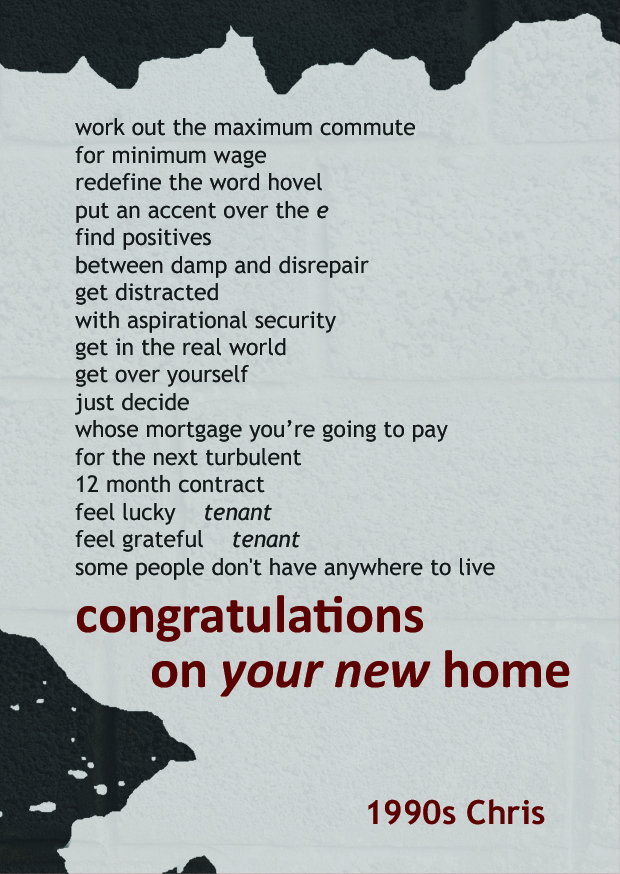
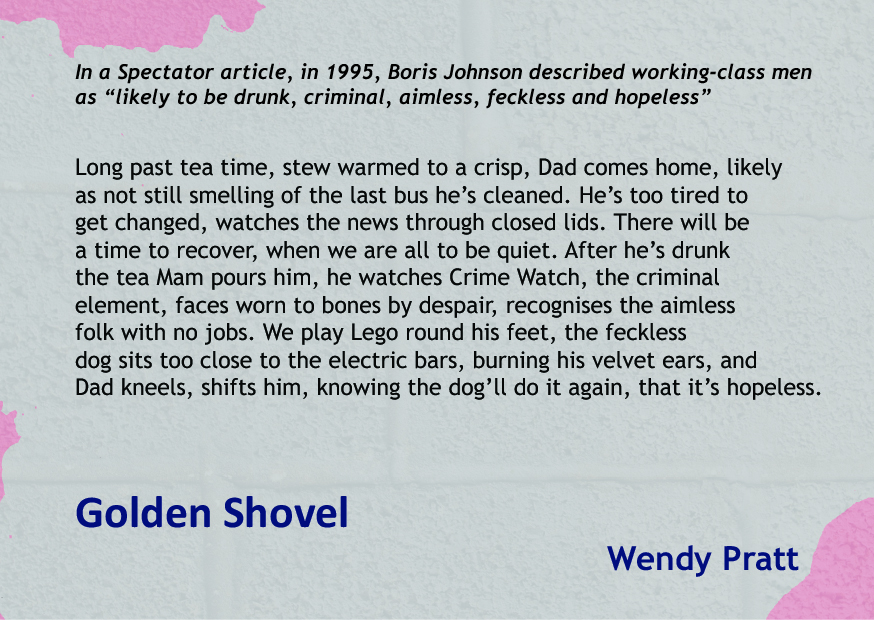
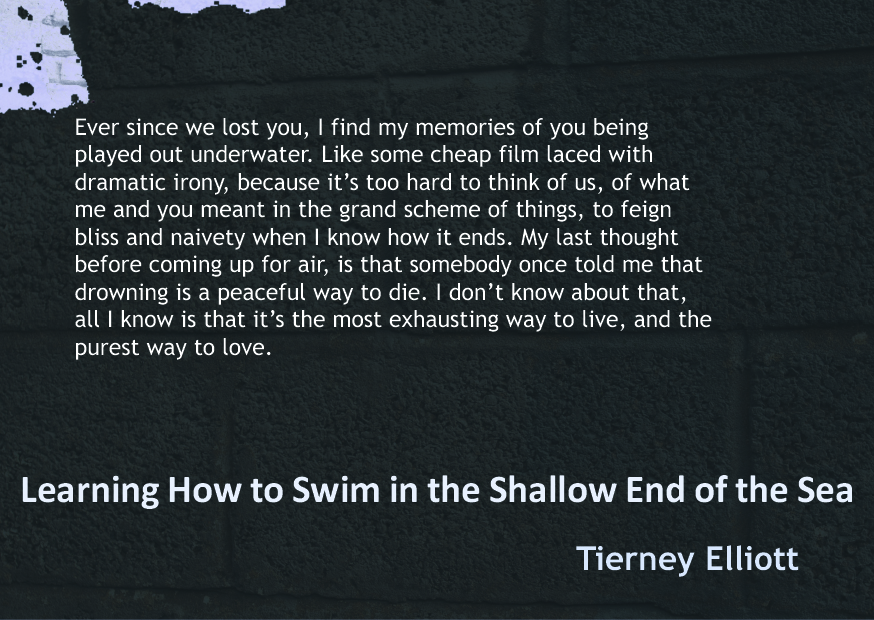
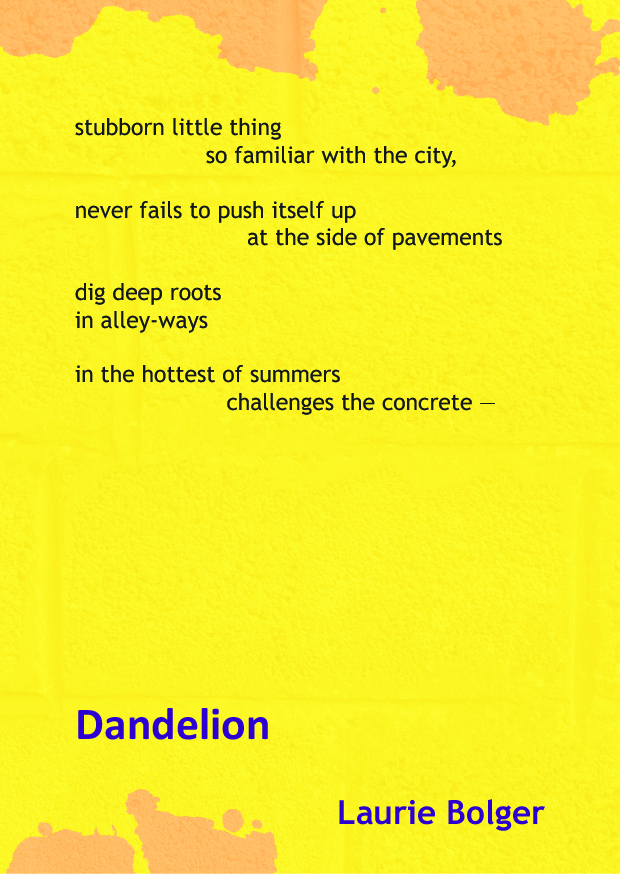
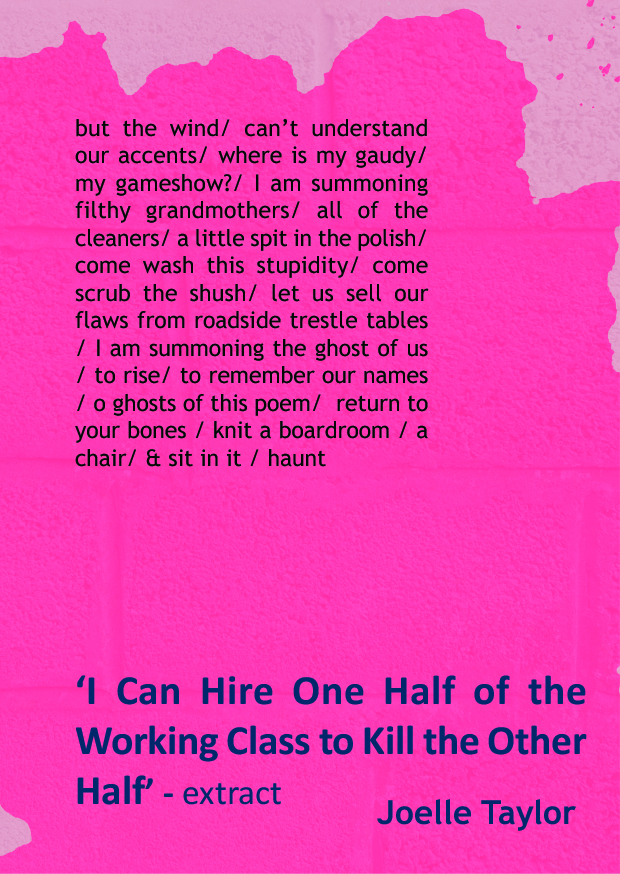
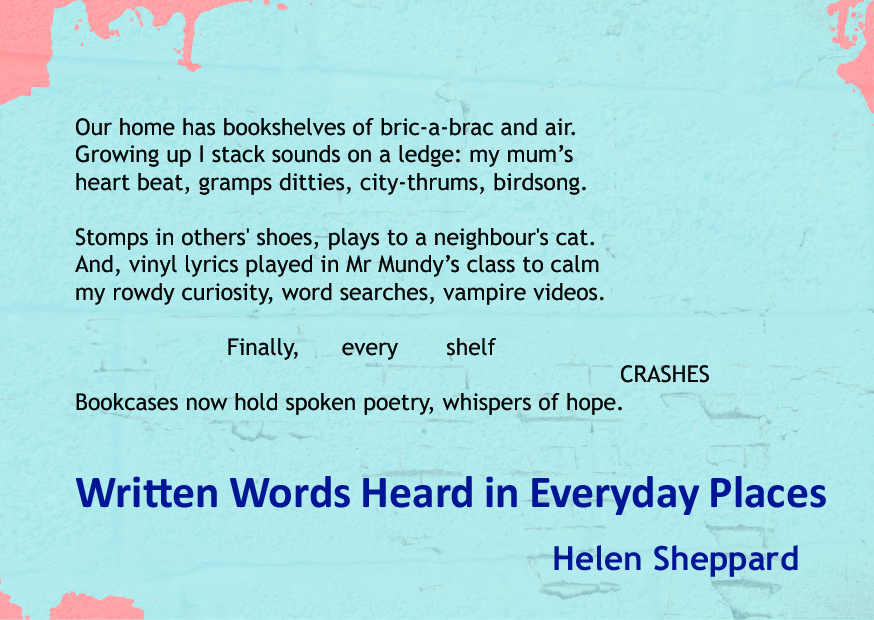
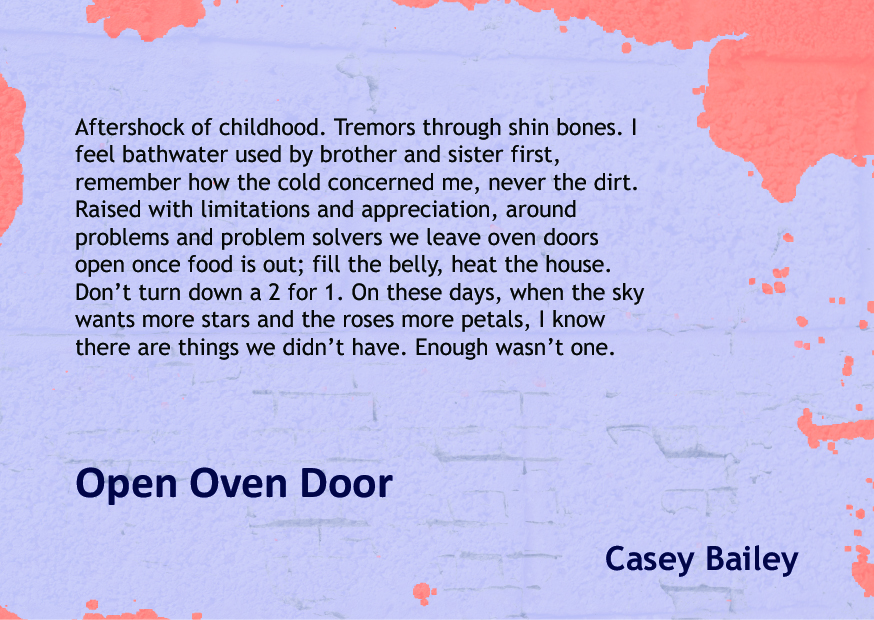
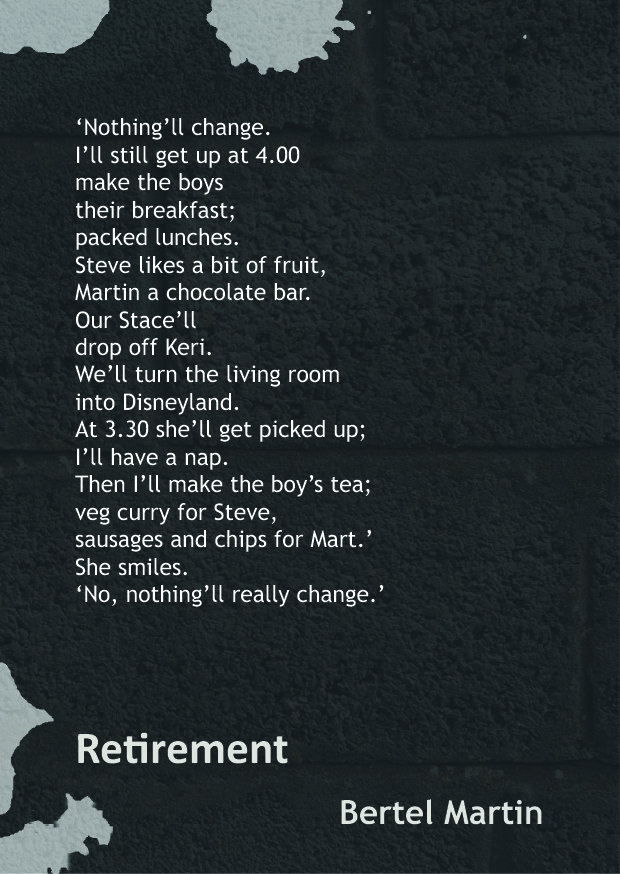
Danny Carlo Pandolfi, aka Craft-D, is a rapper, poet, educator and cultural producer. He has been a Resident Poet/ Rapper at Roundhouse London and Bristol Boat Poet. He is co-director of Lyra – Bristol Poetry Festival and founder of Raise the Bar.
Vanessa Kisuule was Bristol City Poet 2018-2020. Her poem on the toppling of the Colston statue, ‘Hollow’, went viral in the summer of 2020. She has two poetry collections published by Burning Eye Books. Her new book Neverland: The Pleasures and Perils of Fandom will be published in 2024.
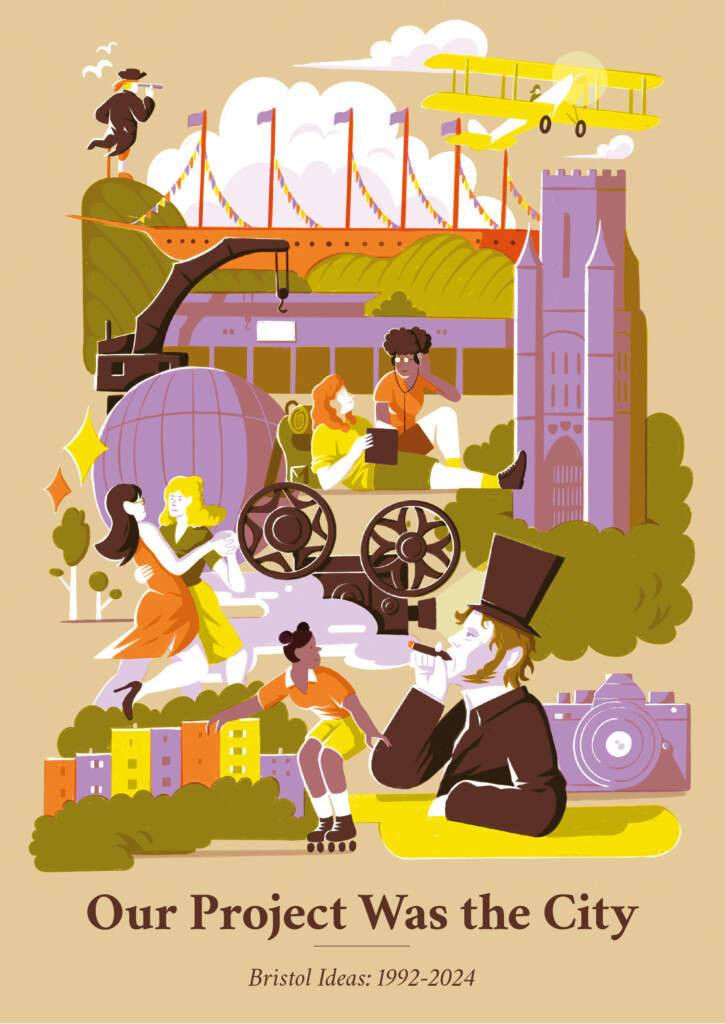
This essay is taken from Our Project Was the City: Bristol Ideas 1992-2024, published May 2024.